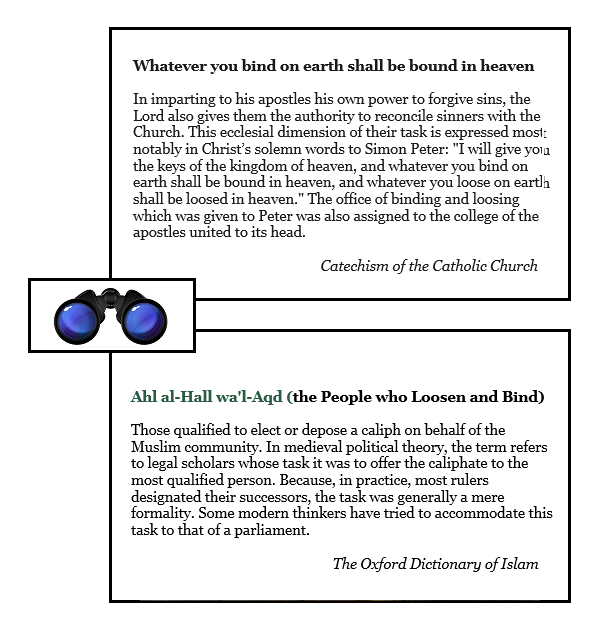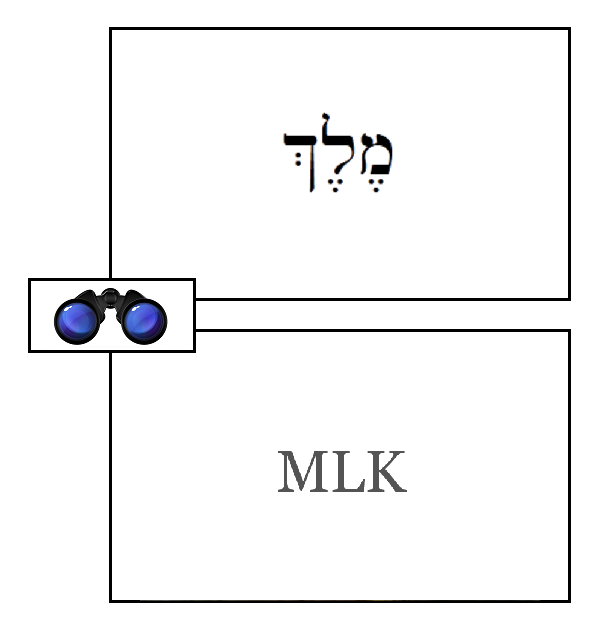[ by Charles Cameron — at the heart not of the political entity, Iran, but of the Persian culture and people, can be found a king’s ransom in poetry and song ]
.
The sensual and the spiritual meet, melt, meld, merge, and dare I say it, emerge to suit each reader of the poetry of Hafez, Sufi poet and mystic — at times erotic, at times ecstatic, the yearning for the beloved sounding in both registers in his poetry, as in the Song of Songs, which is Solomon’s.
These versions, by James Newell, capture the spirit of Hafez far better IMO than the frankly best-sellerized and thus trivial versions of Ladinsky. The most sophisticated translator of Hafez now living is probably Dick Davis, who has this to say in an essay intriguingly titled On Not Translating Hafez:
The second obvious problem faced by a translator inheres in those parts of a text which have clear cultural resonance for the original audience and very little or absolutely no resonance for the linguistic community of the target language. An obvious example of this for translators from almost any Persian text from the sixteenth century on is the lore of Shi’i Islam, an intimate knowledge of the main features of which is automatically assumed by most post-fifteenth-century Persian authors, though this is of course a knowledge almost entirely lacking in the linguistic communities of the West. When we turn to Persian poetry such cultural problems can be particularly intrusive. There is the fact that after the thirteenth century virtually all Persian poetry has at least a tinge of Sufism to it, if it is not outrightly mystical in intent, and mysticism is not a subject accorded particular importance by the poetry of the major Western languages. [ .. ]
A subdivision of this mystical problem is the set of ideas metaphorically expressed in Persian poetry by wine, drunkenness, the opposition of the rend (approximately “libertine”) and the zahed (“ascetic”), and so forth. None of these notions have any force whatsoever in the Western literary tradition. It would never occur to a Western poet to express the forbidden intoxications of mysticism by alluding to the forbidden intoxications of wine, for the simple fact that the intoxications of wine have never (if we exclude the brief and local moment of prohibition in the United States) been forbidden in the West. The whole topos of winebibbing and the flouting of sober outward convention, so dear to Persian Sufi poetry, can seem in earlier translators’ work to be little more than a kind of rowdy undergraduate hijinks, and in more recent versions it can take on the ethos of Haight-Ashbury in the late sixties. But in both cases the deeper resonances of the topos are not obvious for a Western audience: they have to be explained — and to explain a resonance is like explaining a joke; when the explanation is over, no one laughs, except out of pained politeness, and no one is moved.
Here’s a song in which the world-renouncing side of things comes axroo forcefully…
I wrote a poem of my own in somewhat similar spirit yesterday, not too long after listening to that one, and offer it here in counterpoint, with Madhu especially in mind:
Lend me at least an echo
.
If you’re not listening to my poems
how shall I possibly know I’m still alive?
It’s when your heart stops
just for a moment
that my heart begins to race,
when your breath catches
that my breath can return to my heart.
You kill me. I call to you,
nightingale to rose or whatever,
lover to beloved,
thorn, petal, throat, branch —
are you nowhere,
and how can I follow?
Let me know it was you sang my song.
And okay, here’s a third and last Hafez version by James Newell:
**
Dr Newell’s bio can be found here — and yes, in addition to playing with the likes of Muddy Waters, Howlin’ Wolf, Mose Allison and John Mayall, he does indeed hold a doctorate from Vanderbilt. His doctoral dissertation, should you care to read it, is on the ethnomusicology of the Qawwali…
Which brings me just the opportunity I need to close this post with Nusrat Fateh Ali Khan singing his signature qawwali, Allah Huu.
To the best of my understanding, Allah is simple the Arabic term for God, just as Dieu is in French — used by mambers of any religion or done who wish to reference the Deity — while the word Hu in Sufism references the breath or spirit — pneuma in Greek, prana in Sanskrit, spiritus in Latin — the wind that “bloweth where it listeth” of John 3.8.
Huu:






